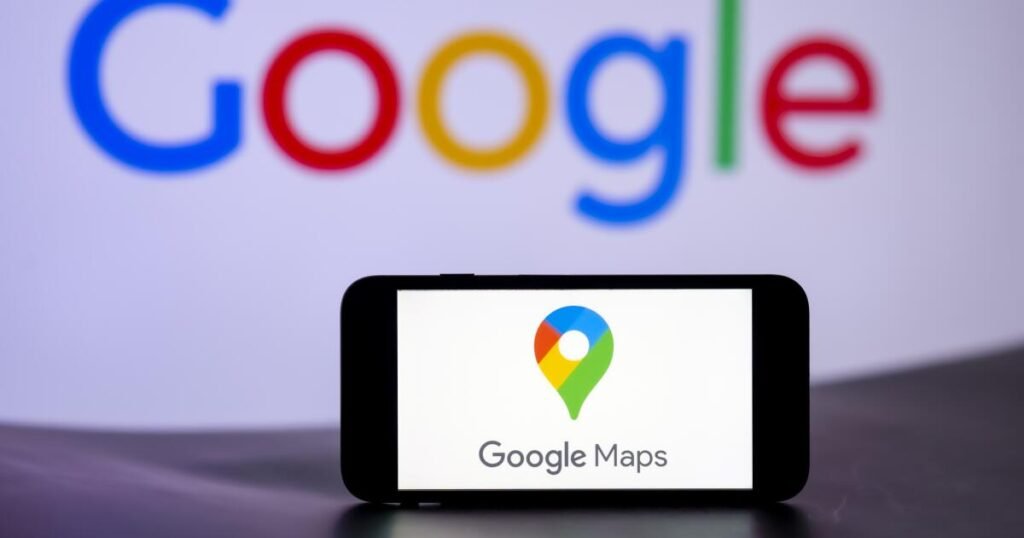Search giant Google wants people to use its navigation apps for more than just getting directions and avoiding traffic.
The tech giant is adding generative AI features to Google Maps to make it easier for people to get recommendations for places to go and things to do.
With 2 billion people using Google Maps every month, the company expects people to also turn to the navigation app for inspiration, executives said Wednesday at the company’s Street View Garage in Palo Alto. He said this at a press event.
Miriam Daniel, vice president and general manager of Google Maps, said the search giant has the ability to combine the billions of information and user reviews it collects around the world with generative AI.
“When you bring all of this together, it changes the way users interact with maps,” she said.
Rather than just looking for directions or asking Google Maps for the nearest gas station, users can enter a query like “things to do with friends at night in Boston” and get answers through the app. Curated with the help of Google’s generative AI chatbot and model known as Gemini, users are shown results that may include speakeasies and live music. For example, when a user taps a business result, they’ll see photos and videos of that location, as well as a summary of user reviews.
The AI-powered tool is coming to Apple and Android devices in the U.S. this week.
Google’s latest AI-powered update highlights how the tech giant is responding to challenges to its dominance in search. As the battle for the future of search rages on, the rise of AI tools like OpenAI’s ChatGPT that can quickly summarize search results could change the way people find and curate information online.
Technology companies like Meta, Apple, and Microsoft have responded to this shift by incorporating more generative AI tools into their products.
Google is no exception. At the company’s press event, a giant Google Maps location icon, a blue Rivian vehicle, and Google’s Street View camera, which is used to capture images of various locations, filled the space.
As tech giants collect vast amounts of data about users to power new generative AI tools, concerns about privacy, misinformation, and copyright are some of the biggest issues companies must address.
Google has also faced increased scrutiny from regulators over its power over people’s lives, with a federal judge ruling in August that the company had an illegal monopoly on the online search market. .
Daniel said that when Google Maps provides answers to users’ questions, the company is not using individualized information to provide personalized results, but contextual results. said. For example, if a user asks Google Maps what to do this weekend and it’s October, suggestions might include seasonal activities like pumpkin picking or going to a haunted house.
“We take this seriously to ensure that we are using generative AI responsibly,” she said.
Google is also testing more AI-powered tools in Waze, another popular navigation app. Users will be able to tell the app that a car accident is occurring up ahead by simply tapping a report button and speaking. Waze also alerts you when you are near a school zone, so you can be more careful when driving.
Developers are using Google’s AI technology to build new features in other products. Electric car maker Rivian is using Google data to give people an overview of restaurants, shops and supermarkets from their car’s infotainment screen. The tool will be rolled out starting next month.
















